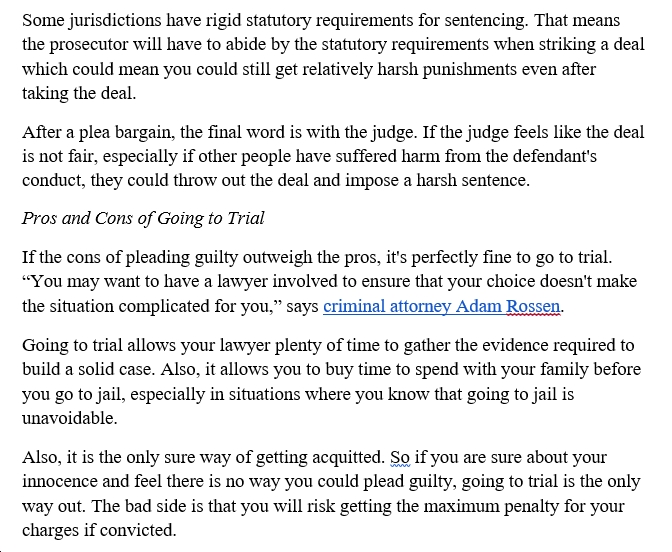SPONSORED CONTENT
The franchising concept is built on a business model adopted by Isaac Singer in the 1850s. Isaac was on a quest to market his then-famous sewing machines. Today, franchising has evolved over the years to become the now famous business model with many benefits for the franchisor and the franchisee alike.
Understanding the Franchise Model
If you are considering starting a business as a franchise, it is essential to understand the model first. The International Franchise Association (IFA) defines franchising as a contract-based franchisor-franchisee relationship where the franchisor and the franchisee must play their role in the business.
Simply put, a franchise is a license issued to the franchisee by the franchisor, allowing them to run a business under the franchising entity’s name in a specific territory. This model is an alternative to opening businesses in multiple locations with one person or entity owning and managing all the branches.
How It Works
Opening and managing business operations in multiple locations can be challenging, considering startup and management costs. While it ensures that the business owner has complete control of their business, expansion efforts can be pretty slow, making franchising the most reliable option for establishments that want to expand quickly.
When you acquire a franchise license from a franchisor, you gain access to their business system, knowledge and understanding of the industry, reputation, and everything else that defines the franchisor’s brand. On the other hand, you will be responsible for the everyday running of the business. You will also be required to pay royalties to the franchisor for using their brand name, business model, marks, and slogans.
The franchisee rides on the franchisor’s reputation to reach target customers while the franchisee benefits by expanding their reach with minimal cost. Often franchisors ask for a few months of operating capital before granting a license to a franchisee. Different establishments have different approaches, so you will need to understand your preferred establishment’s approach.
Understand the Legal Aspect Too
While franchising is an excellent way to start a business, the wrong moves can result in failure. Before getting into a contract with a franchisor, it would be best to consult a franchise lawyer. “An attorney can help you see what lurks in the fine print,” said Attorney Jason Power of Franchise.Law. “A franchise lawyer will know the ptotential issues to look for in a contract, and can help explain any sections that may be difficult to understand.”
Federal law requires franchisors to provide aspiring franchisees with a franchise disclosure document (FDD). In the document, the franchisor must disclose pertinent information about their business. While the franchise disclosure document may seem intimidating for a new franchisee to read through, you must do it to ensure you understand what you will be getting into after signing the contract. It is also essential to let your lawyer go through it to ensure it meets statutory standards.
There is a lot to gain for the franchisor and the franchisee in the franchising model, but there are shortcomings to the model. For example, you can not have complete control of your business as a franchisee, or the brand if you are the franchisor. Also, there can be a high risk of legal disputes when either of the parties fails to abide by the contract terms. However, these are problems you can choose to live with if you feel that the benefits of the model outweigh the downside.

















